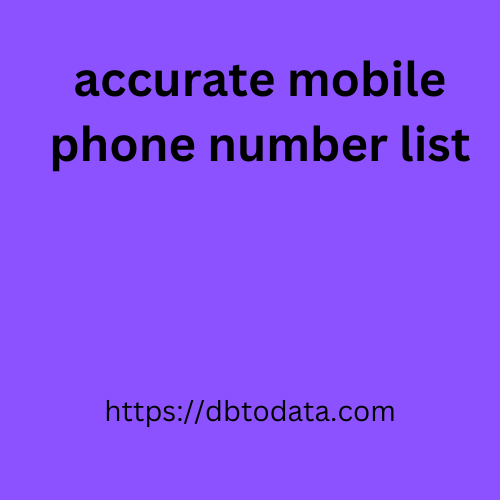You’ve no doubt heard about HTTPS. Or someone has told you that you should get an SSL certificate for your website. It’s difficult to avoid the subject these days.
If you’ve been putting it off—and let’s face it,
many of us have—it’s time to take a serious look at getting an SSL certificate for your website. But to give you some incentive, I’ll show you how to get a free SSL certificate.
Soon it won’t be possible to avoid using HTTPS. Google and other web browsers are essentially forcing the change by labeling sites not using SSL as insecure. Many will display other warnings related to HTTPS encryption.
In the past SSL certificates have been a considerable an added expense. But today, there are free options to protect your website the same way a paid certificate does.
I imagine that some of the more technically-minded among you are talking to your screens right about now. You might be saying modern web servers no lonbger use the SSL (Secure Socket Layer) protocol.
You are correct. The TLS (Transport Layer Security) protocol has replaced SSL for most uses. But the hosting industry, and the web in general, still refer to the certificates as “SSL certificates.”
So that’s how I’m going to refer to them here.
SSL certificates are necessary if you do any financial transactions on your website. It also helps if you want to encrypt traffic for any reason and make your site available via HTTPS, such com.
If you go back to that URL without the HTTPS prefix (http://example.com), you’ll see that there’s no security “lock” displayed in your browser. Google accurate mobile phone number list Chrome goes so far as to label the URL “Not secure” in the address bar.
What Is an SSL Certificate, Anyway?
The SSL certificate itself is simply a text file installed on how to check website traffic for your business a web server. The information in the certificate lets the browser know that the domain name listed in the certificate matches the domain name of the site. When the match has confirmation, the visitor’s browser can make a secure connection.
The secure connection allows traffic between the website and the visitor to be encrypted. This is so no third-party can eavesdrop on the connection.
So it’s probably obvious why you would want cz leads that kind of security for financial transactions made on the web. But why encrypt “regular” traffic?
A great deal of private data is passed between websites and visitor’s browsers any time a form is filled out or a user logs in. Those usernames, passwords and other personal data are exactly what the bad guys are looking for.
Encrypting the connection protects the data. It makes it impossible for anyone but the visitor and the website to see any of the data exchanged during the visit.
The only way that encryption can happen is with an SSL certificate and an HTTPS connection.

